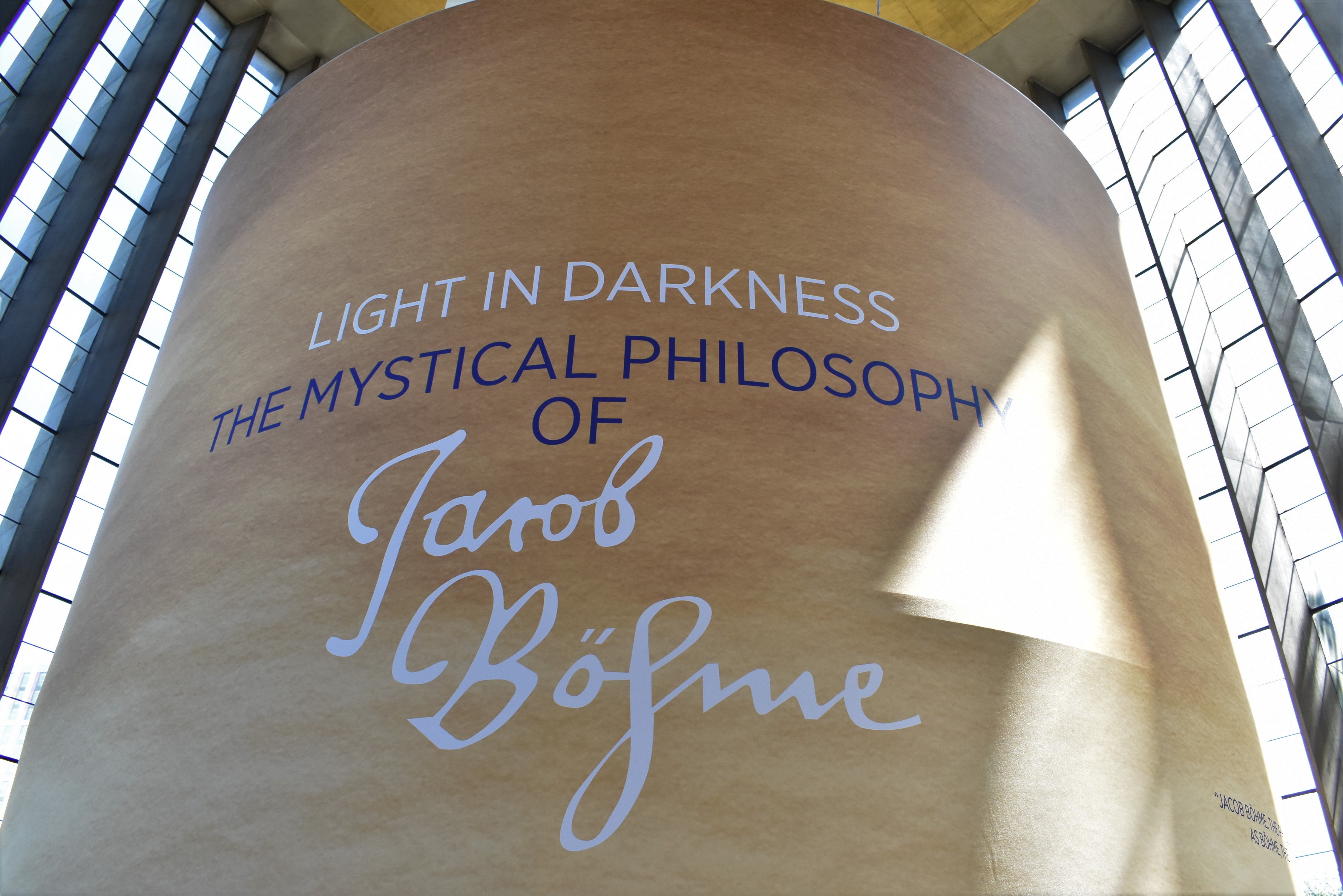Renaissance Philosophy Across Languages

Renaissance Philosophy Across Languages
Ideas crossing borders and finding new readers
Professor David Lines and Dr Cecilia Muratori researched how philosophy entered the languages spoken in everyday life by the 1400s and 1500s, identifying the point at which Latin stopped being the main language of learning in Europe. The project, funded by the AHRC and European Research Council, drew in translations, treatises and commentaries to show the reach of ideas in late medieval Europe. Crossing borders and languages, philosophy reached a diverse audience that included women, merchants, soldiers and nobles alike.
The challenge
The shift from Latin to everyday, vernacular languages in academic works occurred gradually, and at different times in across Europe. This gave rise to a multilingual environment in which the same work might be available in Latin (or the vernacular) and multiple translations. Scholars have focused on ‘serious’ works in Latin before the 1600s which has created the impression that philosophical ideas were only understood and discussed by a small, elite section of Renaissance society. As Professor Lines and Dr Muratori’s research reveals, in reality, philosophical ideas travelled across Europe and different social groups.
Our approach
In a series of innovative exhibitions Professor Lines and Dr Muratori displayed the works and ideas of Aristotle (385–323 BC) and of the German philosopher Jacob Böhme (1575-1624) in a range of venues including:
-
Biblioteca Marciana (Venice)
-
Museo Correr (Venice)
-
Castle Chapel (Dresden)
-
St Michael’s Cathedral (Coventry)
The team worked with library and museum staff to exhibit material that had never been on display before and trained staff to better understand their collections. The project team’s outreach activity enabled school children to engage directly with their research, broadening their understanding of this period.

Our impact
The exhibitions and outreach events have greatly impacted on how people understand the spread of philosophy into the continent’s vernacular languages. Displays of Aristotle’s works in Venice included 41 manuscripts and printed works, from the tenth century to around 1600, in a range of languages and our research team created a bilingual exhibition catalogue revealing how translation had altered many of the works. Tens of thousands of visitors, including local school groups, benefited from the exhibition during its display. The exhibition enabled library staff to identify around 60 previously unattributed Aristotelian works in their collections.
The displays of Böhme’s works in Dresden, funded by the Dresden State Art Collection, led to more than twenty positive press and publicity reviews in national newspapers. The programme included a range of outreach events, such as school tours, concerts, workshops and dance performances. With visitors from as far afield as Mongolia, Brazil and the USA, the exhibition’s impact reached a truly global audience. A further display centred on Böhme’s philosophical ideas in Coventry Cathedral highlighted the shared heritage of Germany and Britain, and strengthened the city’s reconciliation partnership with Dresden.
Find out more about Aristotle in Italian on the project's website

What is research impact?
Discover why it matters

More impact stories
Explore other work from the School of Modern Languages and Cultures at Warwick
